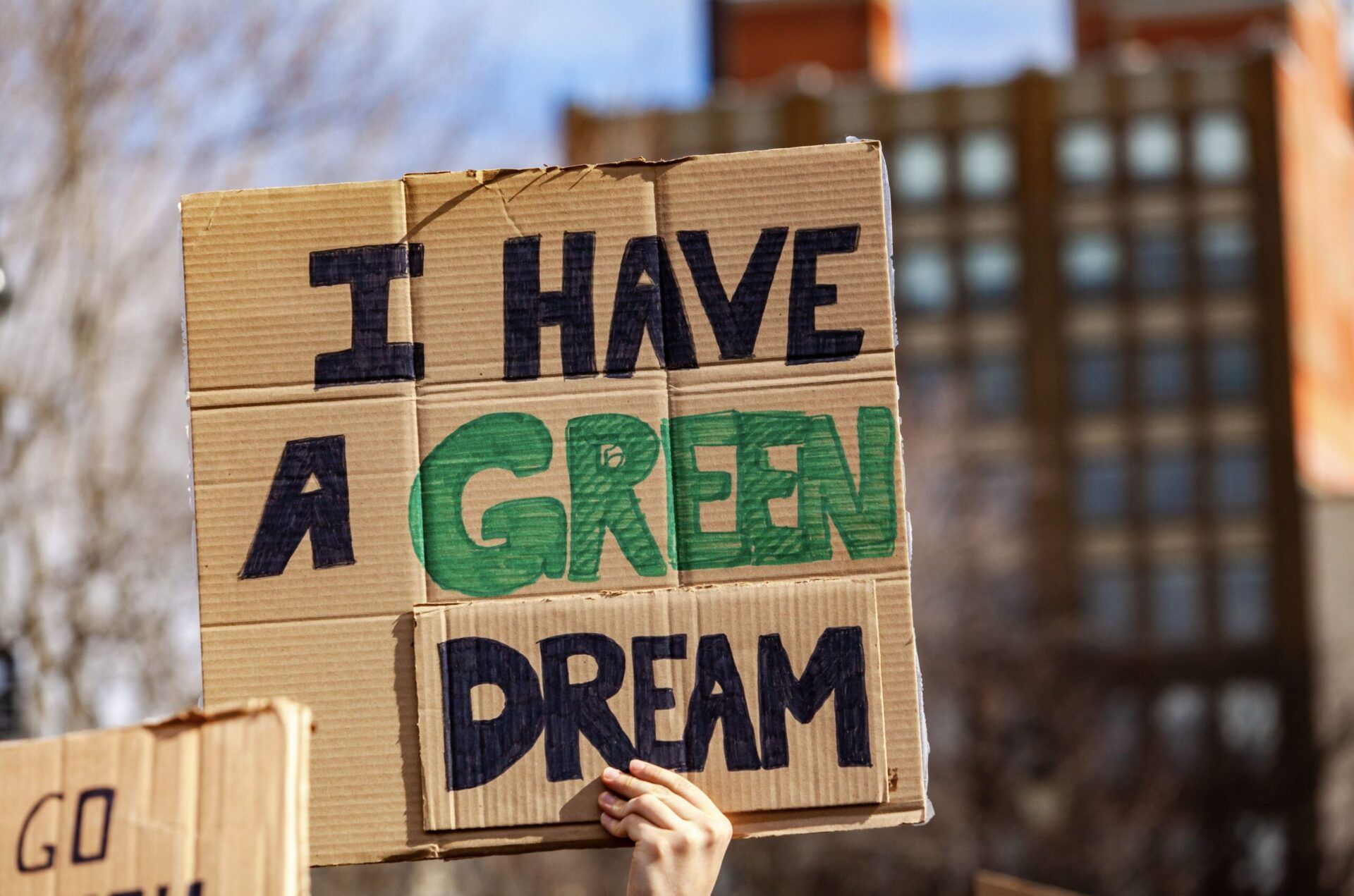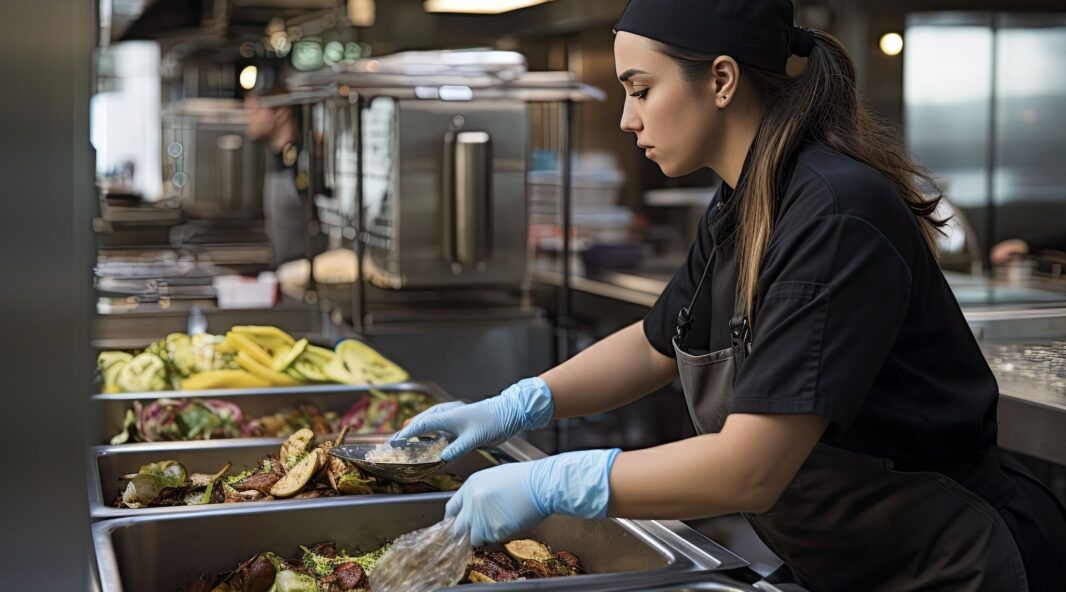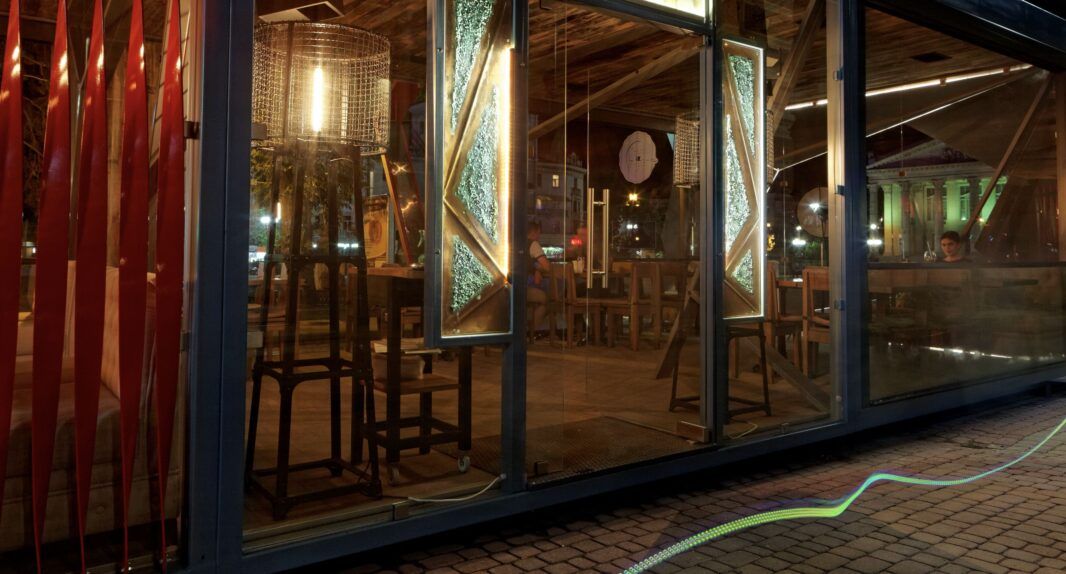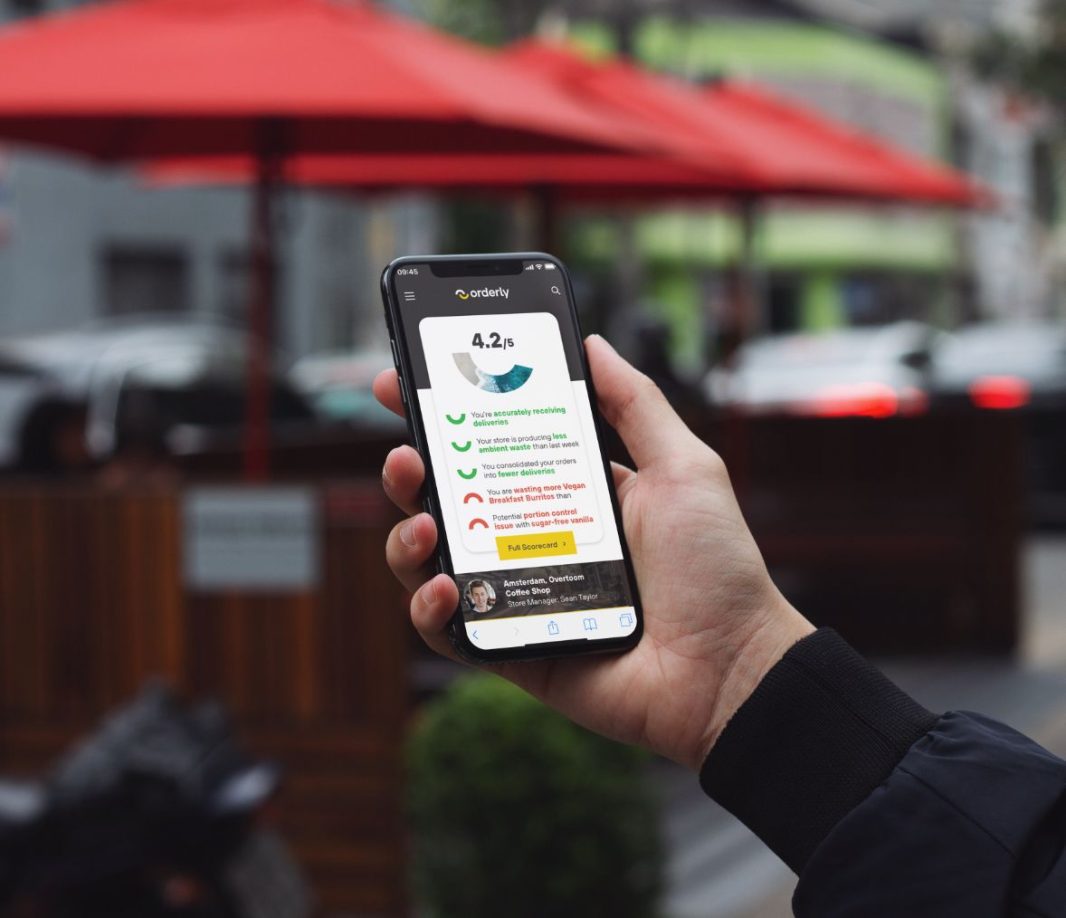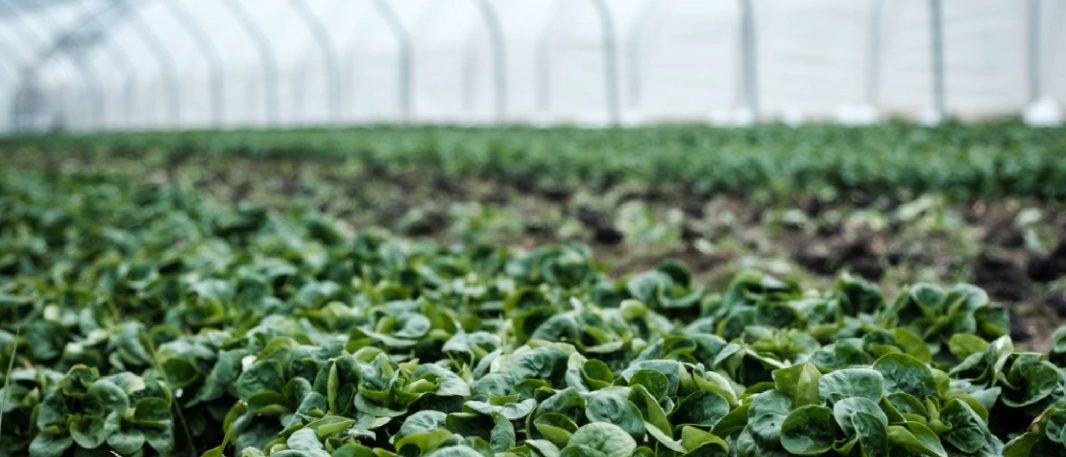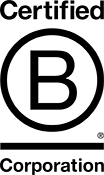We’ve previously discussed using employee incentives to drive positive changes regarding food waste, and the ways to get staff engaged by using actionable insights, but what about customers?
If your changes may result in increased costs or changes to your existing food and beverage business model, how can you ‘sell the green dream’ and make it a more palatable change?
Make it a brand value.
What is your brand all about? What do consumers think? Consider some leading brands.
“With Tesla, I can drive more sustainably today. With Alipay, I can shop more sustainably today. With Starbucks, I know my coffee helps fund sustainability initiatives such as replanting and community programmes.”
Brands that can channel their ESG actions into a meaningful customer-centred proposition stand out.
Some businesses charge more to do the right things. Patagonia produces all its products with sustainability in mind, most of its collection being made from recycled materials, and part of sustainable initiatives.
However, this comes at a cost, as its price positioning is on average higher than its competitors. If you are making changes, make them small and easy to see.
The rise of the more ethically minded consumer means there are those willing to pay more for products that meet their ethical standards. For you, that means there is a good opportunity for a repositioning, but you must get it right.
An article in the World Resources Institute shows this is the case in the real world.
“I’ve heard from several high-profile CEOs over the years that their work to reduce food loss and waste –within their own operations and supply chains as well as by helping consumers curb household waste – is key to maintaining and establishing relationships with customers.”
Tesco CEO Dave Lewis, told Marketing Week in March:
“We’ve been at the forefront on reducing waste for quite some time. Before my time here, Tesco was the first retailer to publish an audited end-to-end food waste report back in 2013; we’re now in our fourth year of that… We want to become a brand that is purpose-driven, as ultimately this builds trust and is exactly what any customer should expect from a business like ours.”
Make it useful.
The caveat? Your changes must be legitimate and useful. Take paper straws. A great idea, but now revealed to be potentially harmful to the planet, and while an improvement on plastic, potentially more of a virtue signal than a true, impactful change.
(If you missed this one; it was revealed in August 2023 that 90% of paper straws analysed in a study had concentrations of forever chemicals, known as poly- and perfluoroalkyl substances.)
So, make a change that really matters, and make it seen by your customer base.
A really interesting article from Oliver Wyman considers how banks position themselves in green credentials and what was valued most.
“We tested three climate narratives that a bank could tell, using actual language from banks’ websites: a net-zero commitment, focusing on defunding fossil fuels; a transition-finance commitment, at the scale of $1 trillion; and offering non-plastic, eco-friendly bank cards. What people most valued were the eco-friendly cards.”
It seems that it’s the small changes that have the most impact and the better perception.
The lesson? Show that it’s all about making a change now, not in some imagined future.
A simple win for food and beverage brands in our mind is a positioning to ‘whole use’ of foods, and deep analysis to drive any changes so you are confident they are the right move. After that. It’s all about conviction to say; ‘We no longer buy or use food that would have been lost or wasted. We have new product lines made from food that otherwise would have been lost or wasted. We are reducing food waste management costs’.
Whatever your line of business, now is the time to get your data in a row, ready to make real change!
Speak to Orderly today to see what’s possible and click here to see our case studies.

